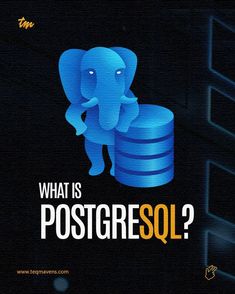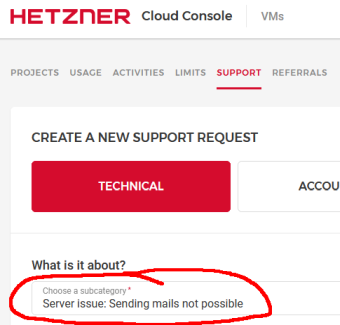Open and portable Postgres-as-a-service. Also available on Hetzner

Open and portable Postgres-as-a-service: Explained

The phrase “open and portable Postgres-as-a-service” describes a new way of managing and deploying PostgreSQL databases. Here’s a breakdown of each component:

Open:

- Control plane: The control plane manages the core infrastructure of your PostgreSQL database, such as provisioning, scaling, and backups. Traditionally, control planes for managed databases are closed-source, meaning users have limited visibility and control. In this case, the control plane is open-source, allowing users to inspect the code, modify it if needed, and even run it themselves on their own infrastructure.
- Portability: This refers to the ability to easily move your Postgres database between different providers or to your own infrastructure. With an open control plane, you’re not locked into a specific vendor’s platform, giving you greater flexibility and control.
Postgres-as-a-service:
This refers to a cloud-based service that manages your PostgreSQL database for you. This includes tasks like:
- Provisioning: Setting up and configuring your database instance.
- Scaling: Adjusting the resources allocated to your database as needed.
- Backups and disaster recovery: Protecting your data from loss.
- Security: Securing your database against unauthorized access.
- Maintenance: Handling updates and patches for your PostgreSQL software.
Available on Hetzner:
This indicates that the specific open and portable Postgres-as-a-service is currently offered by a cloud provider called Hetzner (ubicloud.com). However, due to the open nature of the control plane, you could potentially run it on other cloud providers or even on your own hardware.
Benefits:
- Flexibility: You’re not tied to a specific vendor, giving you more control and choice.
- Transparency: You can see how the control plane works and modify it if needed.
- Portability: You can easily move your database between providers or to your own infrastructure.
- Reduced costs: By not being locked into a premium platform, you can potentially save money.
Current scenario:
It’s important to note that while the concept of an open and portable Postgres-as-a-service is new, there are only a few early implementations available, with Ubicloud’s offering being one of the first. More options are likely to emerge in the future.
Conclusion:
Open and portable Postgres-as-a-service represents a shift towards more user-centric and flexible cloud database management. By combining the power of Postgres with an open-source control plane, this approach offers developers and businesses greater control and portability for their data.
I hope this explanation clarifies the meaning of “open and portable Postgres-as-a-service”. If you have any further questions, please feel free to ask!

